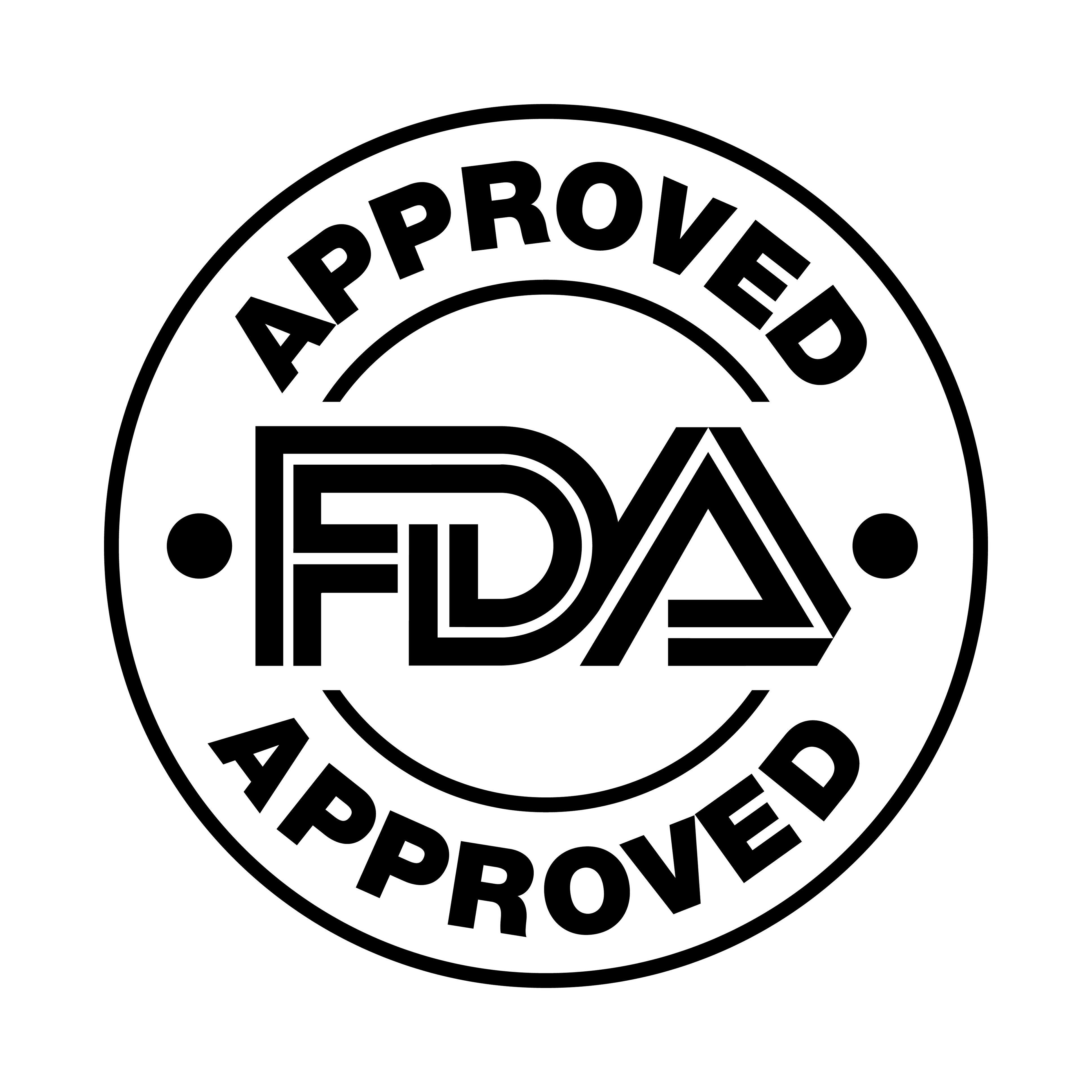Key takeaways:
- FDA approves Tovorafenib (Ojemda) for pediatric low-grade glioma (LGG) with BRAF mutations, marking the first systemic therapy for this condition.
- Approval based on FIREFLY-1 trial showing 51% overall response rate (ORR) and median response duration of 13.8 months.
- Adverse reactions include rash, hair color changes, and fatigue; continued approval contingent on confirmatory trials.
Tovorafenib (Ojemda; Day One Biopharmaceuticals) has been approved by the FDA under accelerated fashion for patients aged 6 months and older with relapsed or refractory pediatric low-grade glioma (pLGG) harboring a BRAF fusion or rearrangement, or BRAF V600 mutation, according to the FDA.1
This decision from the federal agency marks the first FDA approval of a systemic therapy to treat patients with pediatric LGG with BRAF rearrangements, including fusions.1
“pLGG is a chronic and relentless cancer that can devastate children and their families, often stealing their vision, balance and speech," said Sabine Mueller, MD, PhD, MAS, pediatric neuro-oncologist, University of California San Francisco Benioff Children’s Hospitals in a press release.2
"The goal of pLGG treatment is to stabilize or shrink the tumor without further disrupting the child’s and family’s life. Historically, there has been no standard of care for children with pLGG who have relapsed. We are excited to welcome a new targeted treatment option with once-weekly oral dosing designed specifically for these kids and their families," said Mueller.2
Before this approval, no medicines were approved for patients with pLGG driven by BRAF fusions. pLGG is the most common brain tumor diagnosed in children. BRAF is the most commonly altered gene in pLGG, according to Day One Biopharmaceuticals, which stated up to 75% of children have a BRAF alteration.2
The approval of the type II RAF inhibitor was based on efficacy evaluated in the FIREFLY-1 phase 2 trial (NCT04775485) that included 76 patients aged 6 months to 25 years.1,3
According to the FDA, patients in the open-label, multicenter, single-arm trial "were required to have documented evidence of radiographic progression and at least [1] measurable lesion."1
Individuals received tovorafenib based on body surface area (range: 290 to 476 mg/m2, up to a maximum dose of 600 mg), once weekly until disease progression or unacceptable toxicity were experienced.1
Overall response rate (ORR) was the major efficacy outcome of the trail. ORR was defined as "the proportion of patients with complete response (CR), partial response (PR), or minor response (MR) by blinded independent central review (BICR) based on Response Assessment in Pediatric Neuro-Oncology Low-Grade Glioma (RAPNO-LGG) criteria."1
ORR was 51% (95% CI: 40, 63) and median duration or response (secondary outcome) was 13.8 months (95% CI: 11.3, not estimable), stated the FDA.1
Rash, hair color changes, fatigue, viral infection, vomiting, headache, hemorrhage, pyrexia, dry skin, constipation, nausea, dermatitis acneiform, and upper respiratory tract infection, were the most common adverse reactions (≥30%). Decreased phosphate, decreased hemoglobin, increased creatinine phosphokinase, increased alanine aminotransferase, decreased albumin, decreased lymphocytes, decreased leukocytes, increased aspartate aminotransferase, decreased potassium, and decreased sodium were the most common Grade 3 or 4 laboratory abnormalities (>2%).1
The accelerated approval of tovorafenib was based on ORR and duration of response, though the FDA noted that continued approval could be contingent on verification of clinical benefit in confirmatory trials.1
"We are very proud that our first approved medicine addresses this serious and life-threatening disease of childhood and adolescence," said Jeremy Bender, PhD, CEO, Day One in the press release. "We are grateful to the pLGG community, including patients and their families, study investigators, non-profit organizations, and advocacy groups, for their collaboration and support as we strive to close the innovation gap for children with cancer awaiting new treatments.”
References:
1. FDA grants accelerated approval to tovorafenib for patients with relapsed or refractory BRAF-altered pediatric low-grade glioma. FDA. Press release. April 23, 2024. Accessed April 23, 2024. https://www.fda.gov/drugs/resources-information-approved-drugs/fda-grants-accelerated-approval-tovorafenib-patients-relapsed-or-refractory-braf-altered-pediatric
2. Day One's Ojemda (tovorafenib) receives US FDA Accelerated approval for relapsed or refractory BRAF-altered pediatric low-grade giloma, the most common form of childhood brain tumor. Day One Biopharmaceuticals. Press release. April 23, 2024. Accessed April 23, 2024. https://ir.dayonebio.com/news-releases/news-release-details/day-ones-ojemdatm-tovorafenib-receives-us-fda-accelerated
3. A Study to Evaluate DAY101 in Pediatric and Young Adult Patients With Relapsed or Progressive Low-Grade Glioma and Advance Solid Tumors (FIREFLY-1). ClinicalTrials.gov. Updated December 27, 2023. Accessed April 23, 2024. https://www.clinicaltrials.gov/study/NCT04775485
